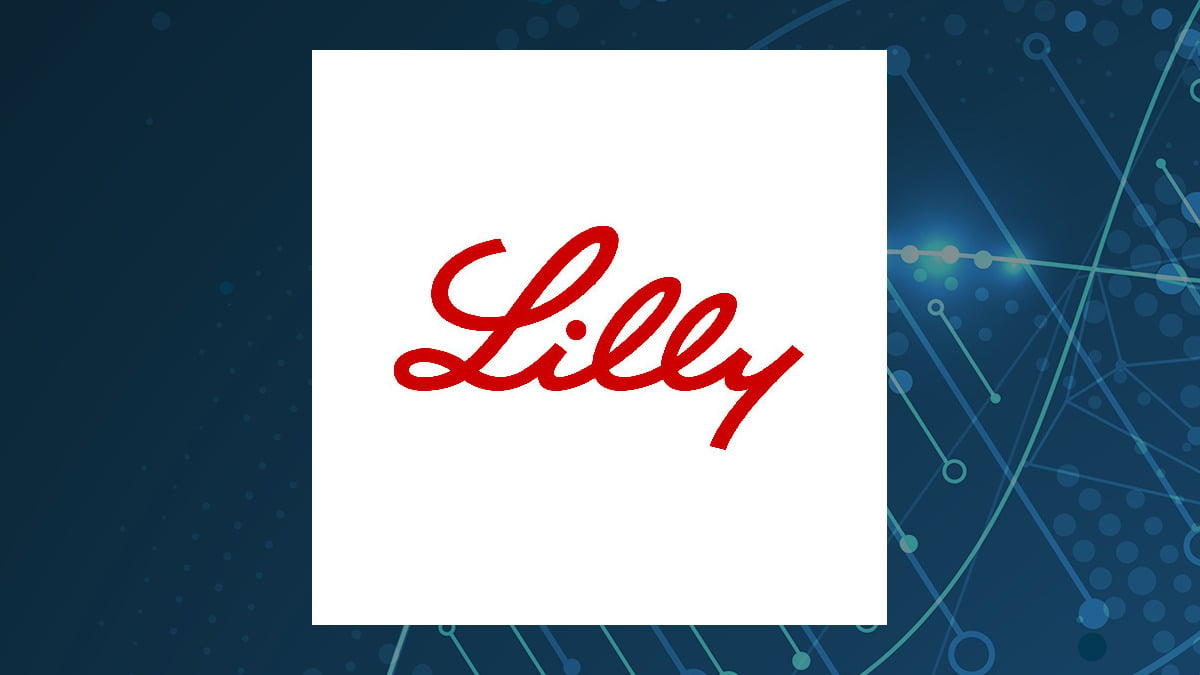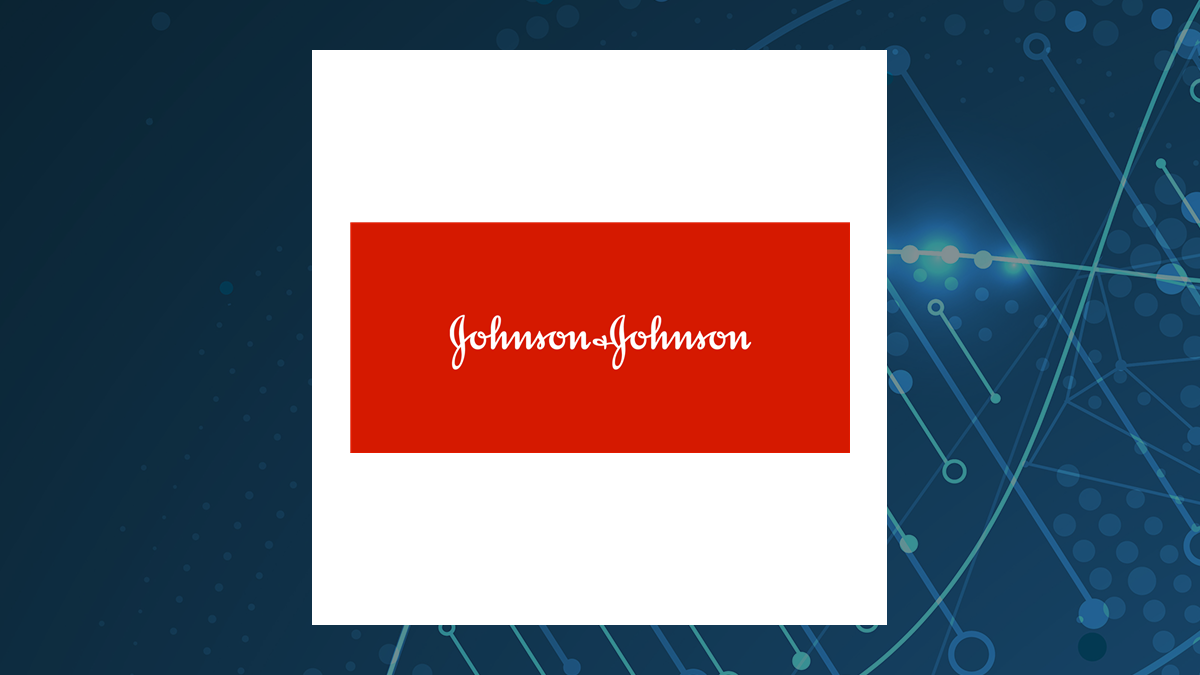Eli Lilly and Company (NYSE:LLY – Get Free Report) and Johnson & Johnson (NYSE:JNJ – Get Free Report) are both large-cap medical companies, but which is the better business? We will contrast the two businesses based on the strength of their institutional ownership, analyst recommendations, dividends, earnings, profitability, risk and valuation.
Profitability
This table compares Eli Lilly and Company and Johnson & Johnson’s net margins, return on equity and return on assets.
| Net Margins | Return on Equity | Return on Assets | |
| Eli Lilly and Company | 25.91% | 92.72% | 16.89% |
| Johnson & Johnson | 25.00% | 32.49% | 13.00% |
Dividends
Eli Lilly and Company pays an annual dividend of $6.00 per share and has a dividend yield of 0.9%. Johnson & Johnson pays an annual dividend of $5.20 per share and has a dividend yield of 3.0%. Eli Lilly and Company pays out 39.2% of its earnings in the form of a dividend. Johnson & Johnson pays out 55.6% of its earnings in the form of a dividend. Both companies have healthy payout ratios and should be able to cover their dividend payments with earnings for the next several years. Eli Lilly and Company has increased its dividend for 11 consecutive years and Johnson & Johnson has increased its dividend for 64 consecutive years. Johnson & Johnson is clearly the better dividend stock, given its higher yield and longer track record of dividend growth.
Analyst Recommendations
| Sell Ratings | Hold Ratings | Buy Ratings | Strong Buy Ratings | Rating Score | |
| Eli Lilly and Company | 1 | 5 | 15 | 0 | 2.67 |
| Johnson & Johnson | 0 | 9 | 9 | 2 | 2.65 |
Eli Lilly and Company currently has a consensus price target of $964.8824, indicating a potential upside of 46.10%. Johnson & Johnson has a consensus price target of $174.50, indicating a potential upside of 0.12%. Given Eli Lilly and Company’s stronger consensus rating and higher probable upside, equities research analysts plainly believe Eli Lilly and Company is more favorable than Johnson & Johnson.
Risk & Volatility
Eli Lilly and Company has a beta of 0.44, suggesting that its stock price is 56% less volatile than the S&P 500. Comparatively, Johnson & Johnson has a beta of 0.41, suggesting that its stock price is 59% less volatile than the S&P 500.
Insider & Institutional Ownership
82.5% of Eli Lilly and Company shares are owned by institutional investors. Comparatively, 69.6% of Johnson & Johnson shares are owned by institutional investors. 0.1% of Eli Lilly and Company shares are owned by insiders. Comparatively, 0.2% of Johnson & Johnson shares are owned by insiders. Strong institutional ownership is an indication that hedge funds, large money managers and endowments believe a company will outperform the market over the long term.
Earnings and Valuation
This table compares Eli Lilly and Company and Johnson & Johnson”s gross revenue, earnings per share and valuation.
| Gross Revenue | Price/Sales Ratio | Net Income | Earnings Per Share | Price/Earnings Ratio | |
| Eli Lilly and Company | $45.04 billion | 13.88 | $10.59 billion | $15.30 | 43.16 |
| Johnson & Johnson | $88.82 billion | 4.73 | $14.07 billion | $9.35 | 18.64 |
Johnson & Johnson has higher revenue and earnings than Eli Lilly and Company. Johnson & Johnson is trading at a lower price-to-earnings ratio than Eli Lilly and Company, indicating that it is currently the more affordable of the two stocks.
Summary
Eli Lilly and Company beats Johnson & Johnson on 12 of the 18 factors compared between the two stocks.
About Eli Lilly and Company
 Eli Lilly and Company discovers, develops, and markets human pharmaceuticals worldwide. The company offers Basaglar, Humalog, Humalog Mix 75/25, Humalog U-100, Humalog U-200, Humalog Mix 50/50, insulin lispro, insulin lispro protamine, insulin lispro mix 75/25, Humulin, Humulin 70/30, Humulin N, Humulin R, and Humulin U-500 for diabetes; Jardiance, Mounjaro, and Trulicity for type 2 diabetes; and Zepbound for obesity. It also provides oncology products, including Alimta, Cyramza, Erbitux, Jaypirca, Retevmo, Tyvyt, and Verzenio. In addition, the company offers Olumiant for rheumatoid arthritis, atopic dermatitis, severe alopecia areata, and COVID-19; Taltz for plaque psoriasis, psoriatic arthritis, ankylosing spondylitis, and non-radiographic axial spondylarthritis; Omvoh for ulcerative colitis; Cymbalta for depressive disorder, diabetic peripheral neuropathic pain, generalized anxiety disorder, fibromyalgia, and chronic musculoskeletal pain; Ebglyss for severe atopic dermatitis; and Emgality for migraine prevention and episodic cluster headache. Further, it provides Cialis for erectile dysfunction and benign prostatic hyperplasia; and Forteo for osteoporosis. It has collaborations with Incyte Corporation; Boehringer Ingelheim Pharmaceuticals, Inc.; F. Hoffmann-La Roche Ltd and Genentech, Inc.; Biologics, Inc., AbCellera Biologics Inc.; and Chugai Pharmaceutical Co., Ltd. The company was founded in 1876 and is headquartered in Indianapolis, Indiana.
Eli Lilly and Company discovers, develops, and markets human pharmaceuticals worldwide. The company offers Basaglar, Humalog, Humalog Mix 75/25, Humalog U-100, Humalog U-200, Humalog Mix 50/50, insulin lispro, insulin lispro protamine, insulin lispro mix 75/25, Humulin, Humulin 70/30, Humulin N, Humulin R, and Humulin U-500 for diabetes; Jardiance, Mounjaro, and Trulicity for type 2 diabetes; and Zepbound for obesity. It also provides oncology products, including Alimta, Cyramza, Erbitux, Jaypirca, Retevmo, Tyvyt, and Verzenio. In addition, the company offers Olumiant for rheumatoid arthritis, atopic dermatitis, severe alopecia areata, and COVID-19; Taltz for plaque psoriasis, psoriatic arthritis, ankylosing spondylitis, and non-radiographic axial spondylarthritis; Omvoh for ulcerative colitis; Cymbalta for depressive disorder, diabetic peripheral neuropathic pain, generalized anxiety disorder, fibromyalgia, and chronic musculoskeletal pain; Ebglyss for severe atopic dermatitis; and Emgality for migraine prevention and episodic cluster headache. Further, it provides Cialis for erectile dysfunction and benign prostatic hyperplasia; and Forteo for osteoporosis. It has collaborations with Incyte Corporation; Boehringer Ingelheim Pharmaceuticals, Inc.; F. Hoffmann-La Roche Ltd and Genentech, Inc.; Biologics, Inc., AbCellera Biologics Inc.; and Chugai Pharmaceutical Co., Ltd. The company was founded in 1876 and is headquartered in Indianapolis, Indiana.
About Johnson & Johnson
 Johnson & Johnson is a holding company, which engages in the research, development, manufacture, and sale of products in the healthcare field. It operates through the Innovative Medicine and MedTech segments. The Innovative Medicine segment focuses on immunology, infectious diseases, neuroscience, oncology, cardiovascular and metabolism, and pulmonary hypertension. The MedTech segment includes a portfolio of products used in the interventional solutions, orthopaedics, surgery, and vision categories. The company was founded by Robert Wood Johnson I, James Wood Johnson, and Edward Mead Johnson Sr. in 1887 and is headquartered in New Brunswick, NJ.
Johnson & Johnson is a holding company, which engages in the research, development, manufacture, and sale of products in the healthcare field. It operates through the Innovative Medicine and MedTech segments. The Innovative Medicine segment focuses on immunology, infectious diseases, neuroscience, oncology, cardiovascular and metabolism, and pulmonary hypertension. The MedTech segment includes a portfolio of products used in the interventional solutions, orthopaedics, surgery, and vision categories. The company was founded by Robert Wood Johnson I, James Wood Johnson, and Edward Mead Johnson Sr. in 1887 and is headquartered in New Brunswick, NJ.
Receive News & Ratings for Eli Lilly and Company Daily - Enter your email address below to receive a concise daily summary of the latest news and analysts' ratings for Eli Lilly and Company and related companies with MarketBeat.com's FREE daily email newsletter.
